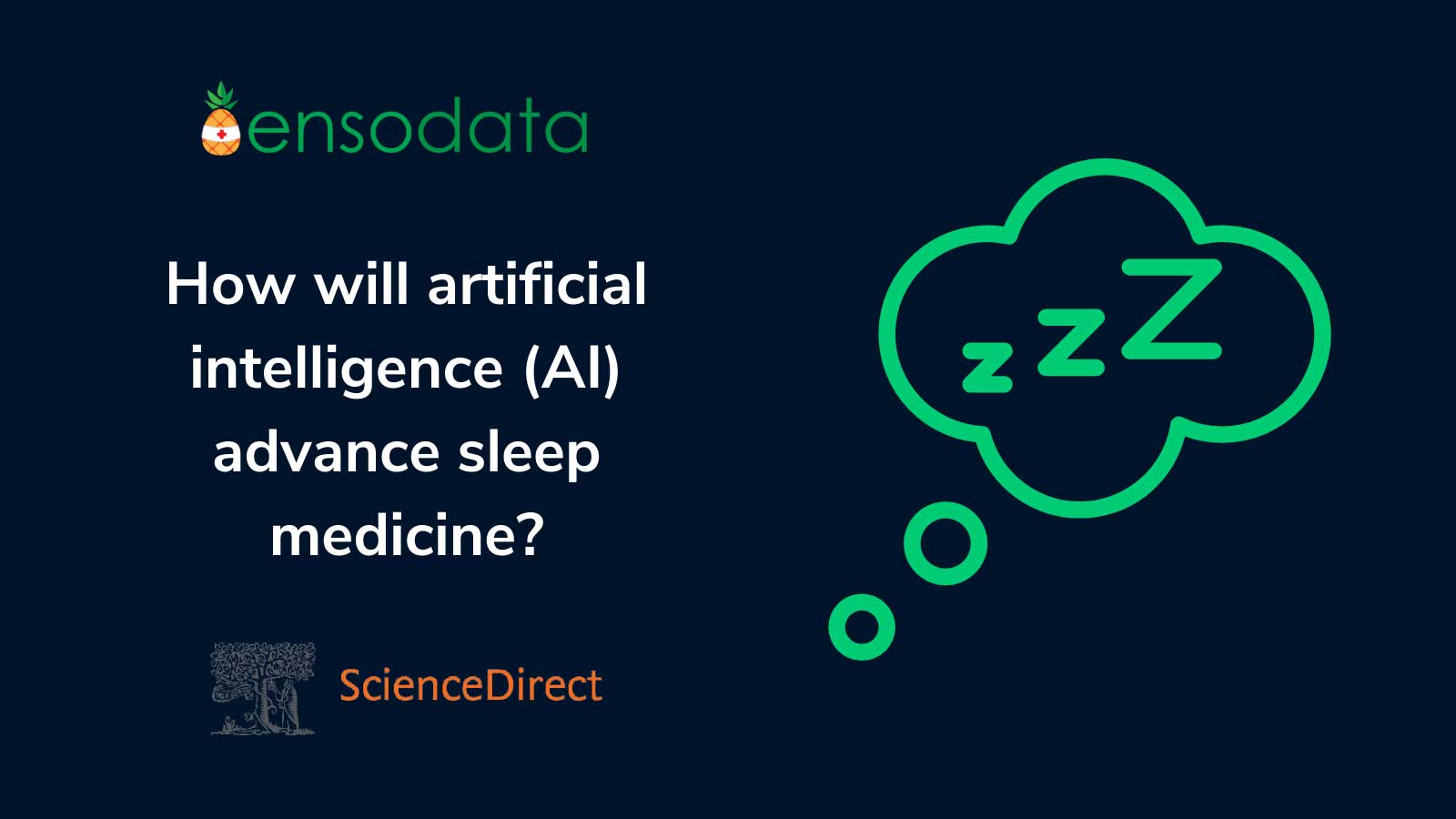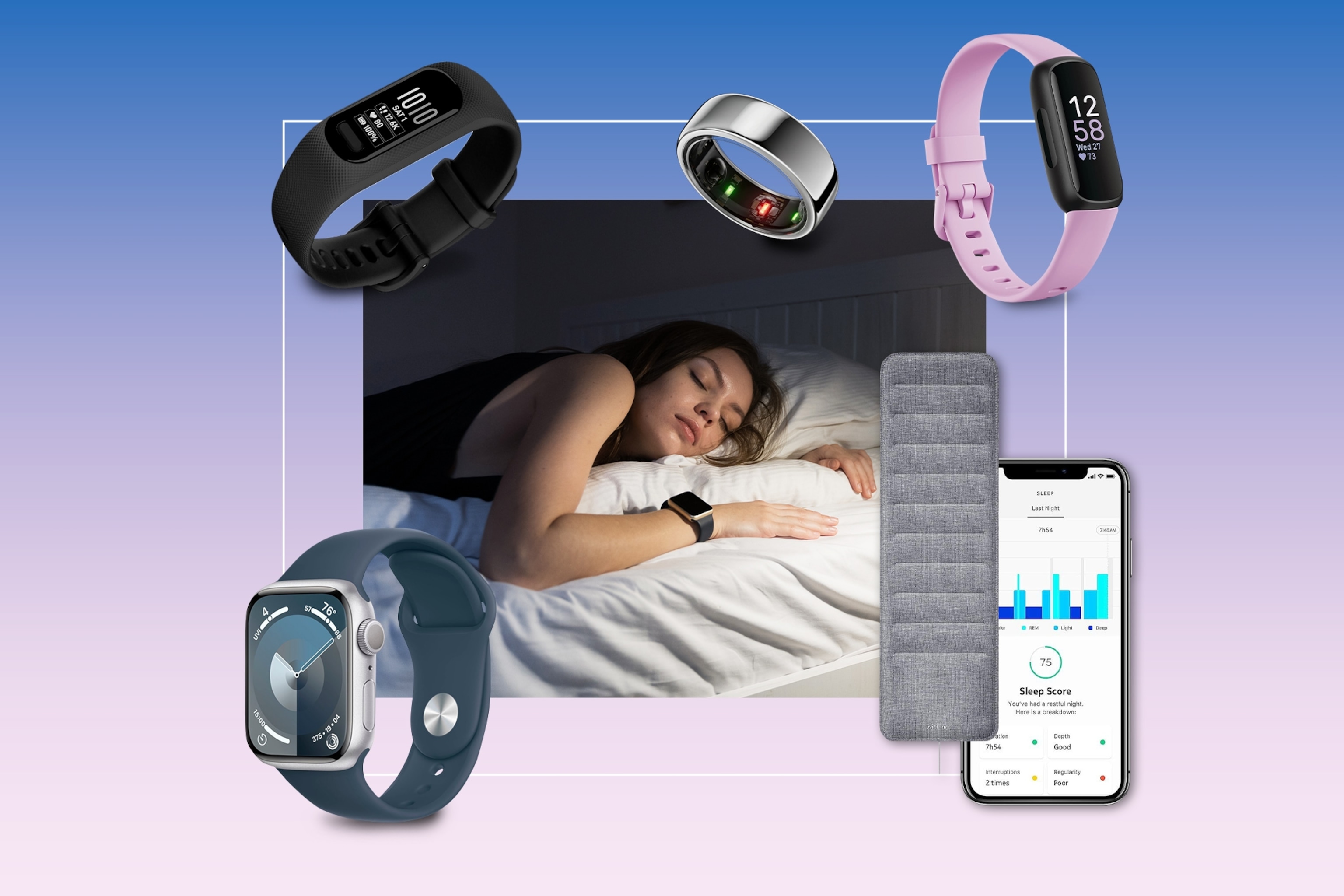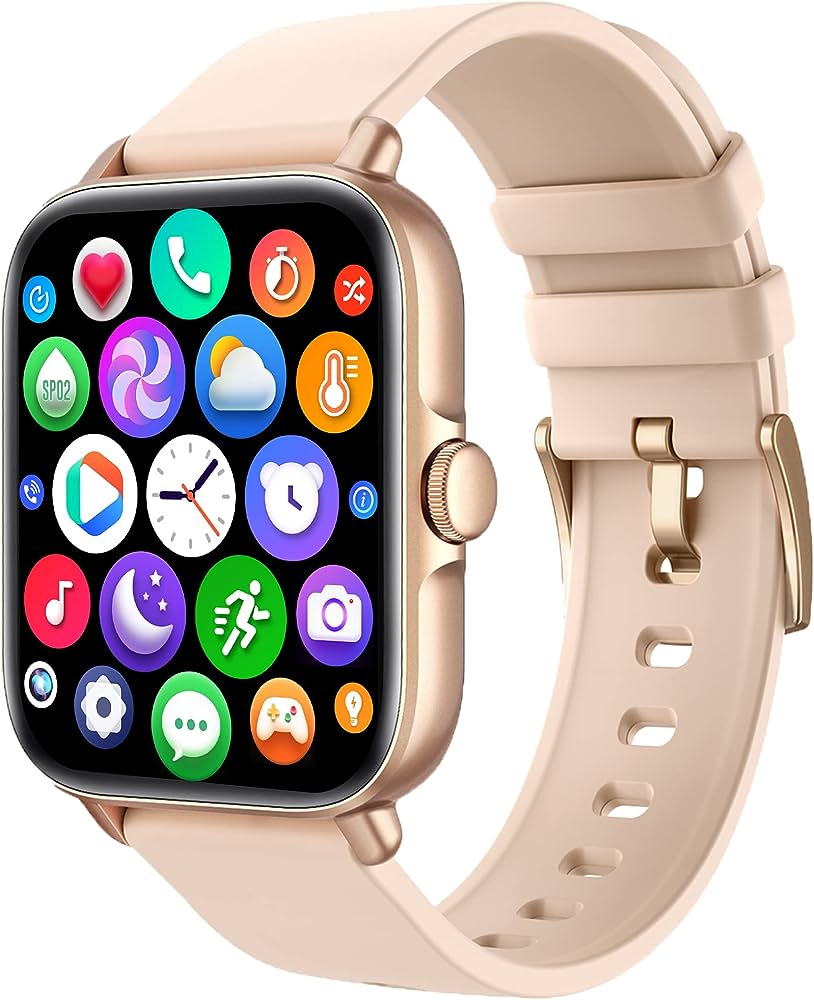
Unlocking the ‘Black Box’ of AI Technology in Sleep Medicine
As recently as four or five years ago, sleep medicine professionals were skeptical about the possibilities of artificial intelligence (AI). However, as they become more educated on the technology, they are seeing the possibilities it offers. Dr. Anuja Bandyopadhyay, chair of the Artificial Intelligence in Sleep Medicine Committee for the American Academy of Sleep Medicine and an assistant professor of pediatrics at Indiana University, believes that AI technology can be a natural solution to many problems in sleep medicine.
 AI technology is revolutionizing sleep medicine
AI technology is revolutionizing sleep medicine
Sleep medicine is perfectly positioned to benefit from AI technology because it has access to various body signals, including brain waves and oxygen levels. This data can be used to improve patient care and outcomes. Moreover, sleep is closely linked to mental health, cardiovascular health, and is easily influenced by external factors such as environment and habits.
 Sleep signals can be used to improve patient care
Sleep signals can be used to improve patient care
One of the key healthcare domains that AI technology can help with is clinical care. For instance, AI can help predict which patients are likely to stop using their continuous positive airway pressure (CPAP) machines, allowing healthcare professionals to intervene early and improve patient compliance.
 AI can help improve patient compliance with CPAP machines
AI can help improve patient compliance with CPAP machines
Another area where AI technology can make a significant impact is in lifestyle management. With the rise of sleep trackers, patients are now empowered to take control of their sleep habits. AI can help analyze this data to provide personalized recommendations and improve overall health outcomes.
 AI can help analyze sleep tracker data to improve health outcomes
AI can help analyze sleep tracker data to improve health outcomes
Wearables, such as smartwatches, can also play a crucial role in detecting signs of obstructive sleep apnea. While there is a difference between consumer-grade and clinical-grade devices, wearables can be a useful screening tool to identify potential issues.
 Wearables can be used to detect signs of obstructive sleep apnea
Wearables can be used to detect signs of obstructive sleep apnea
In conclusion, AI technology has the potential to revolutionize sleep medicine by improving patient care, compliance, and outcomes. As the technology continues to evolve, we can expect to see even more innovative applications in the field of sleep medicine.
 The future of sleep medicine is bright with AI technology
The future of sleep medicine is bright with AI technology











